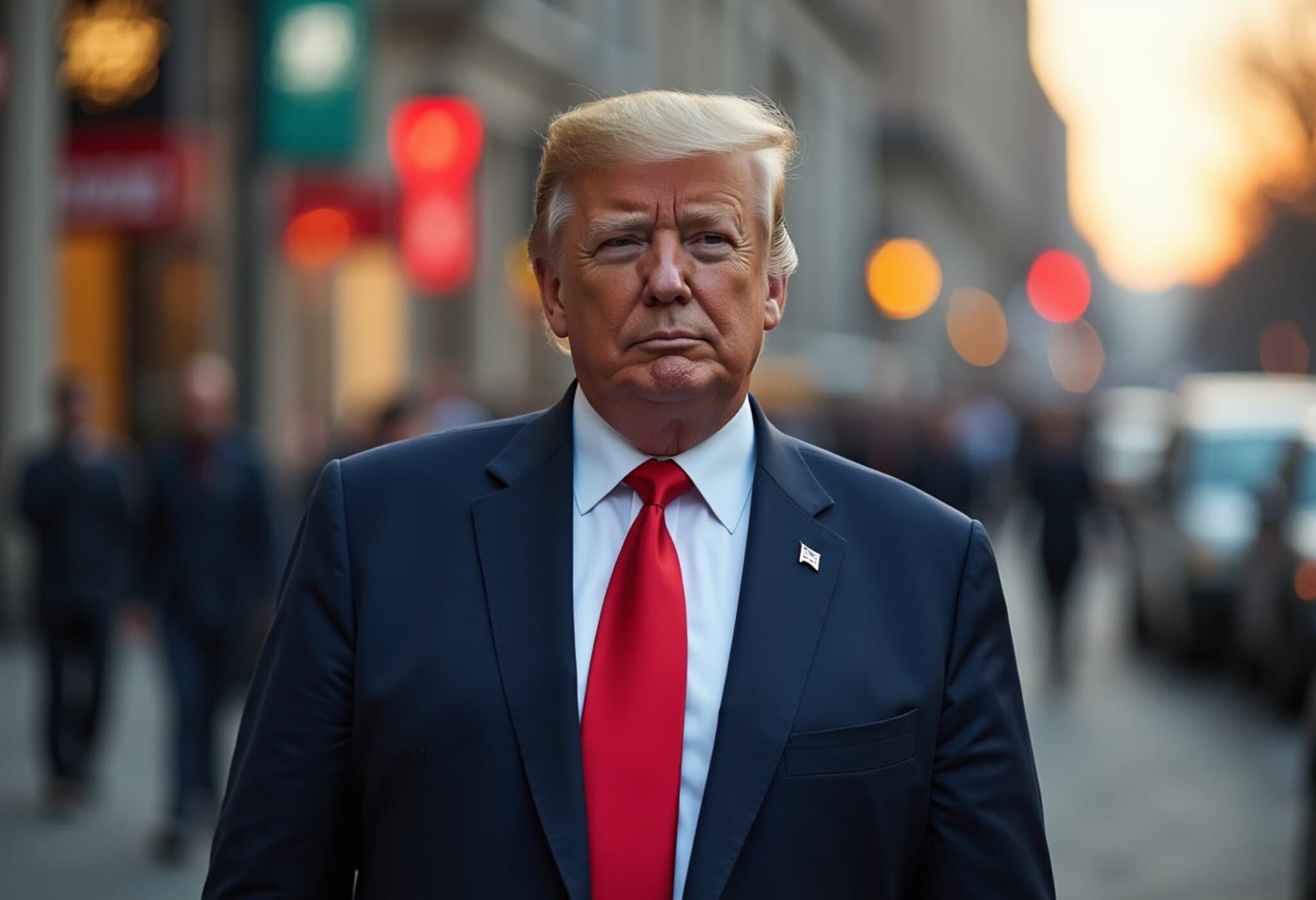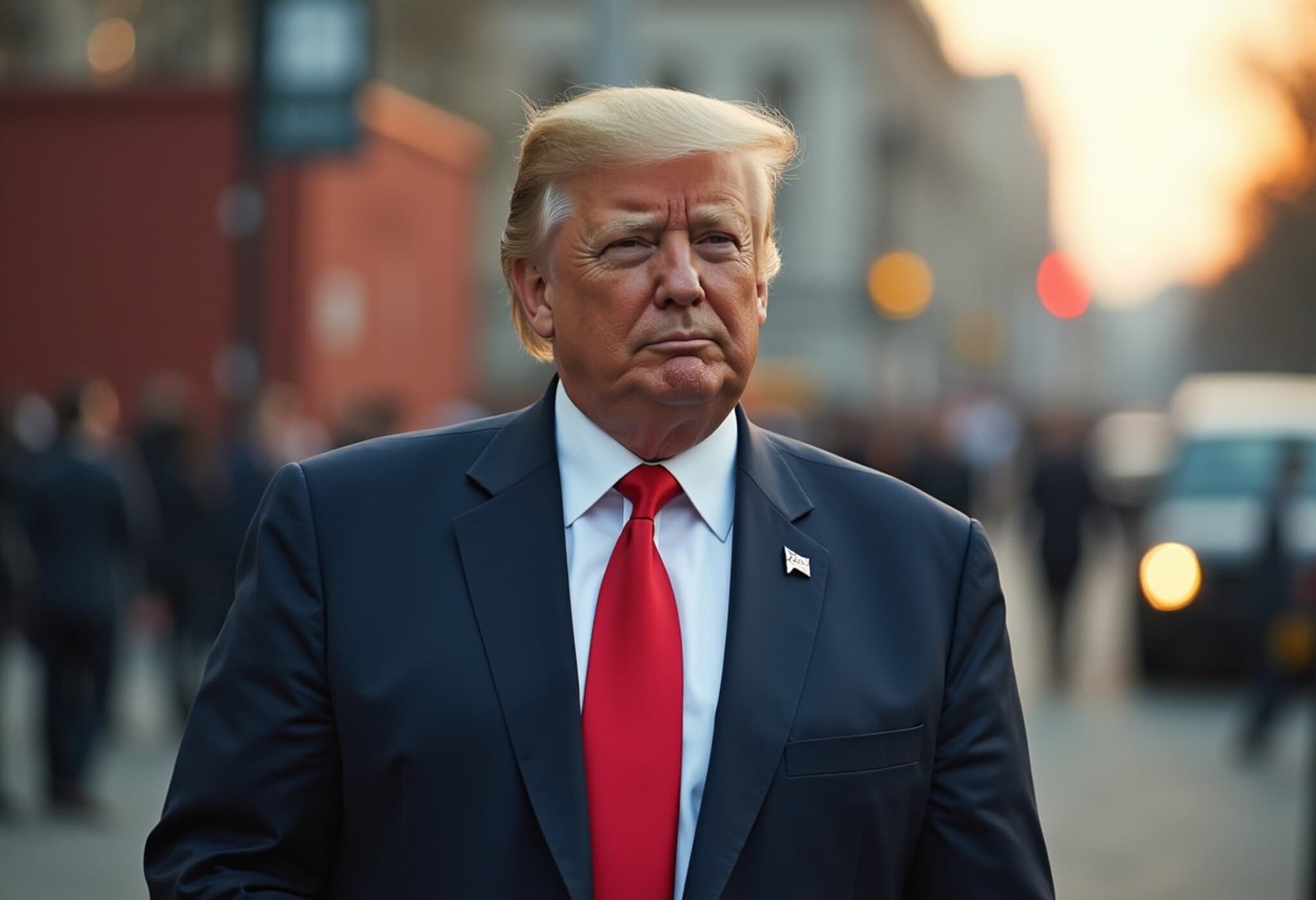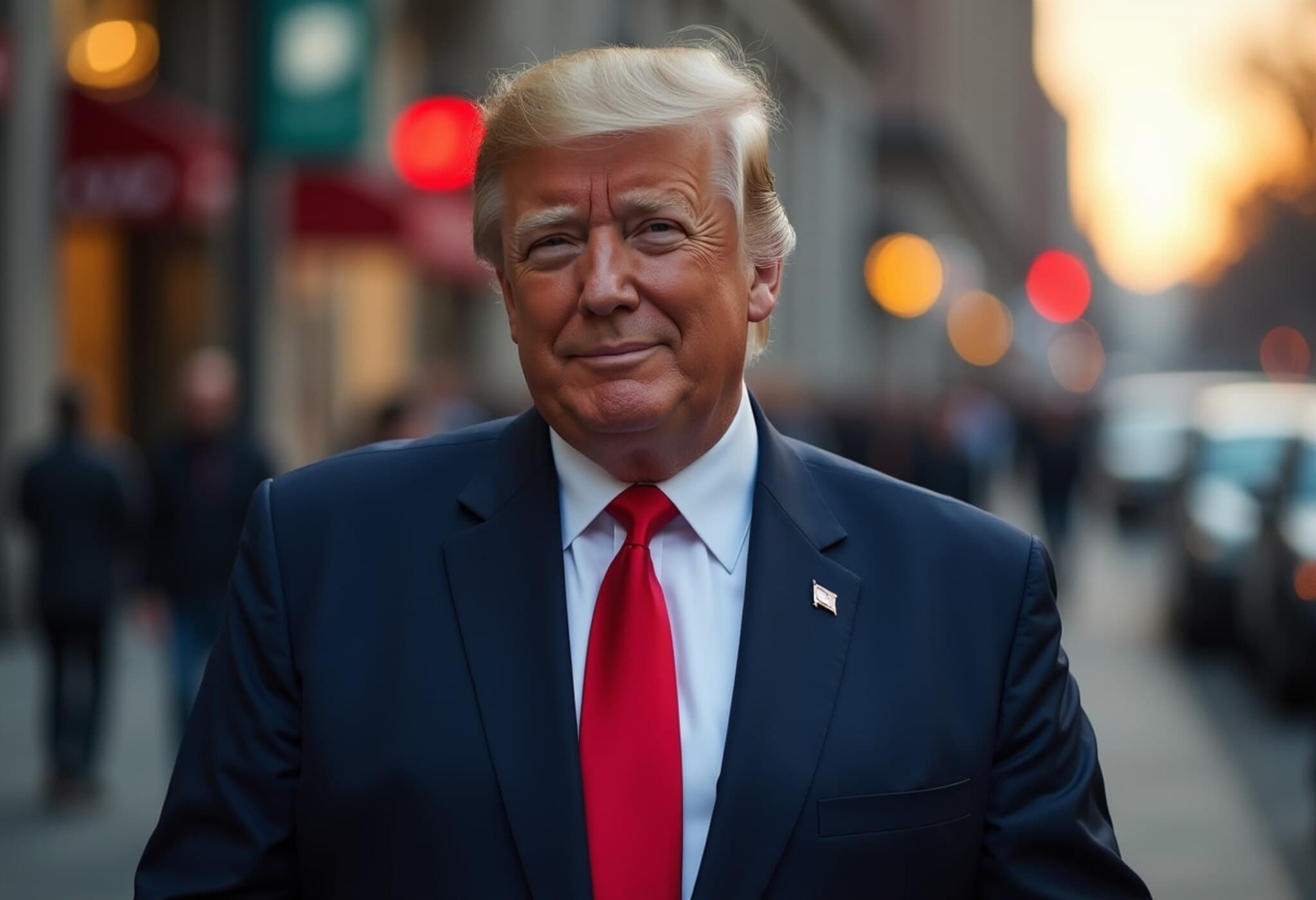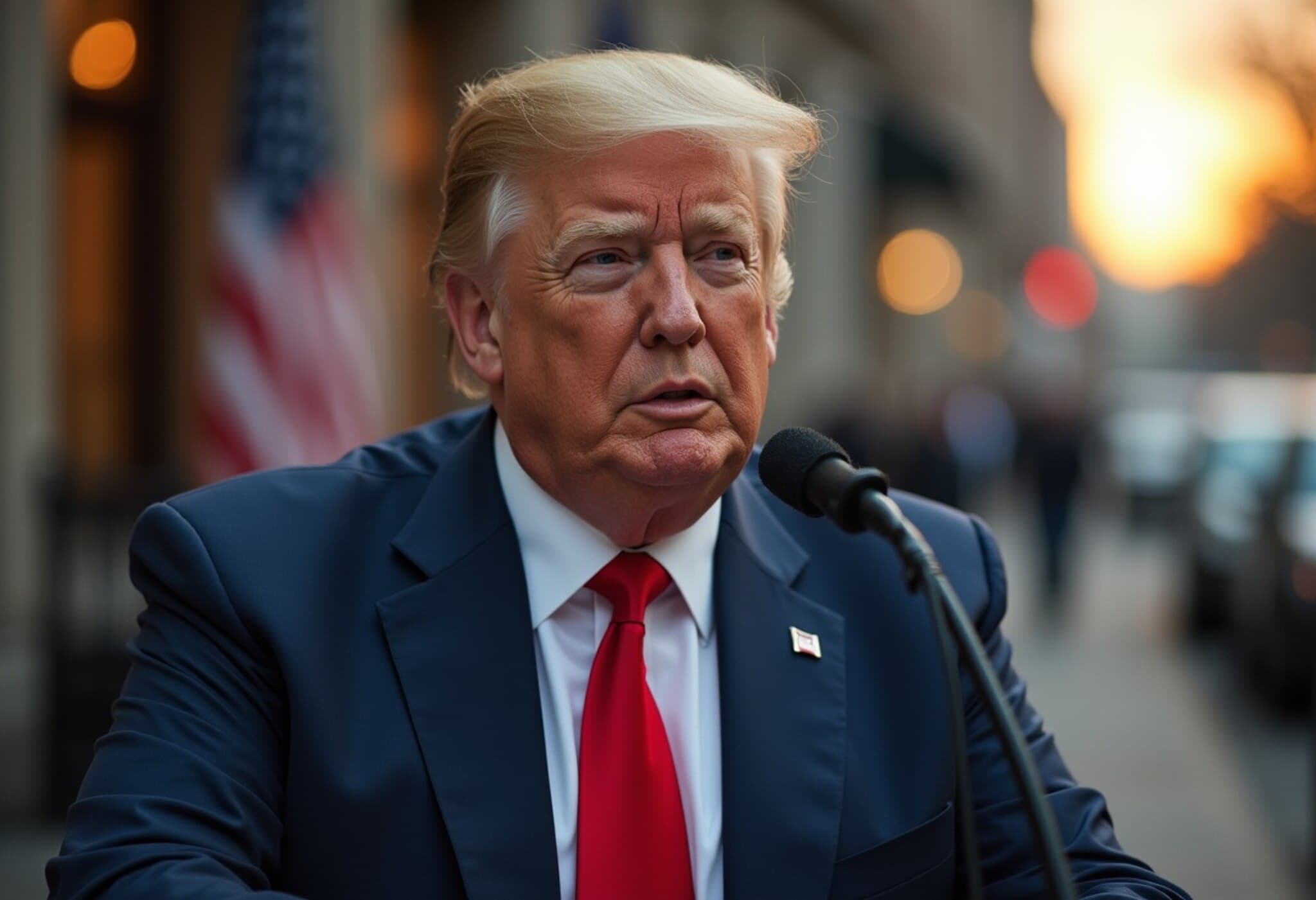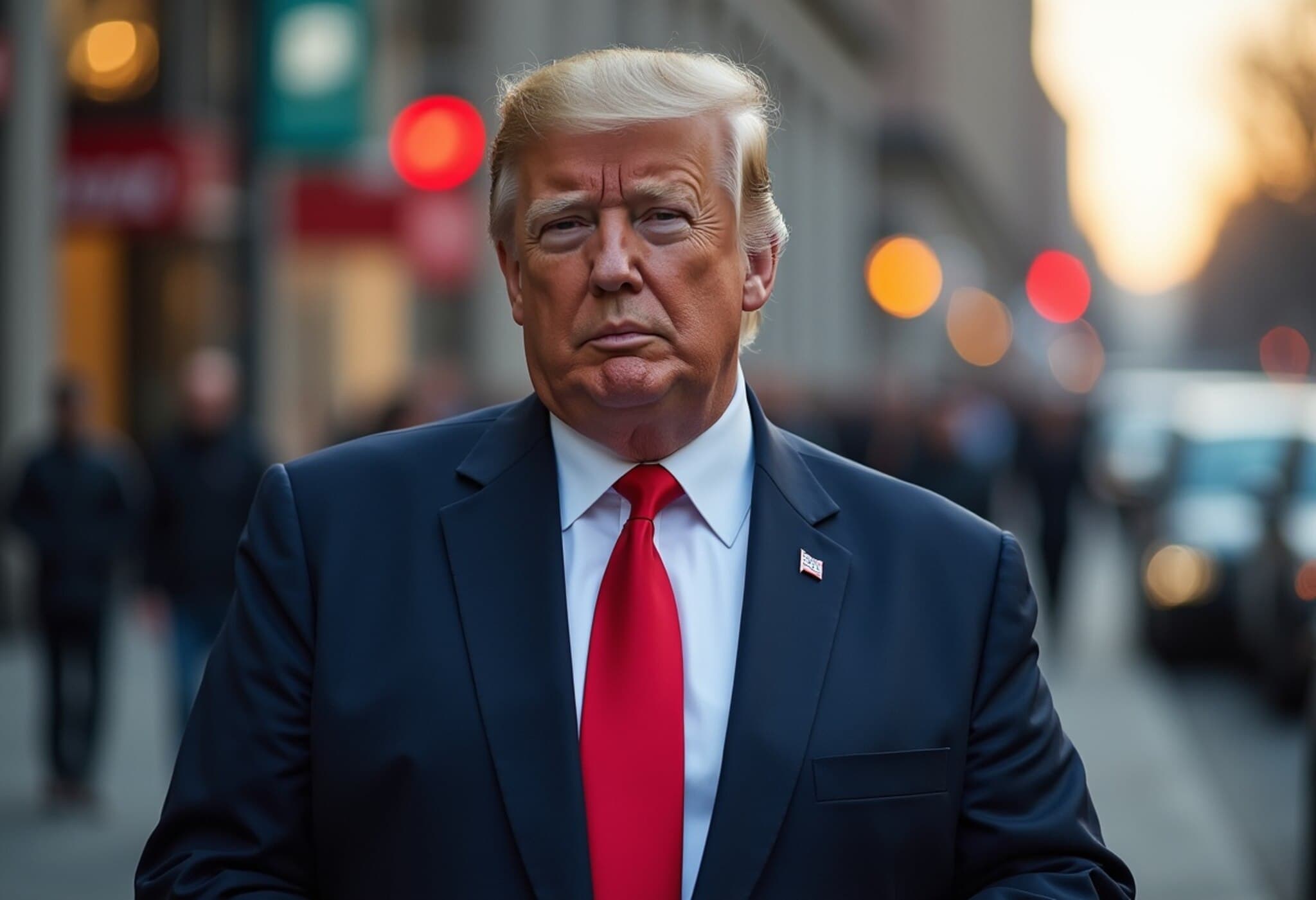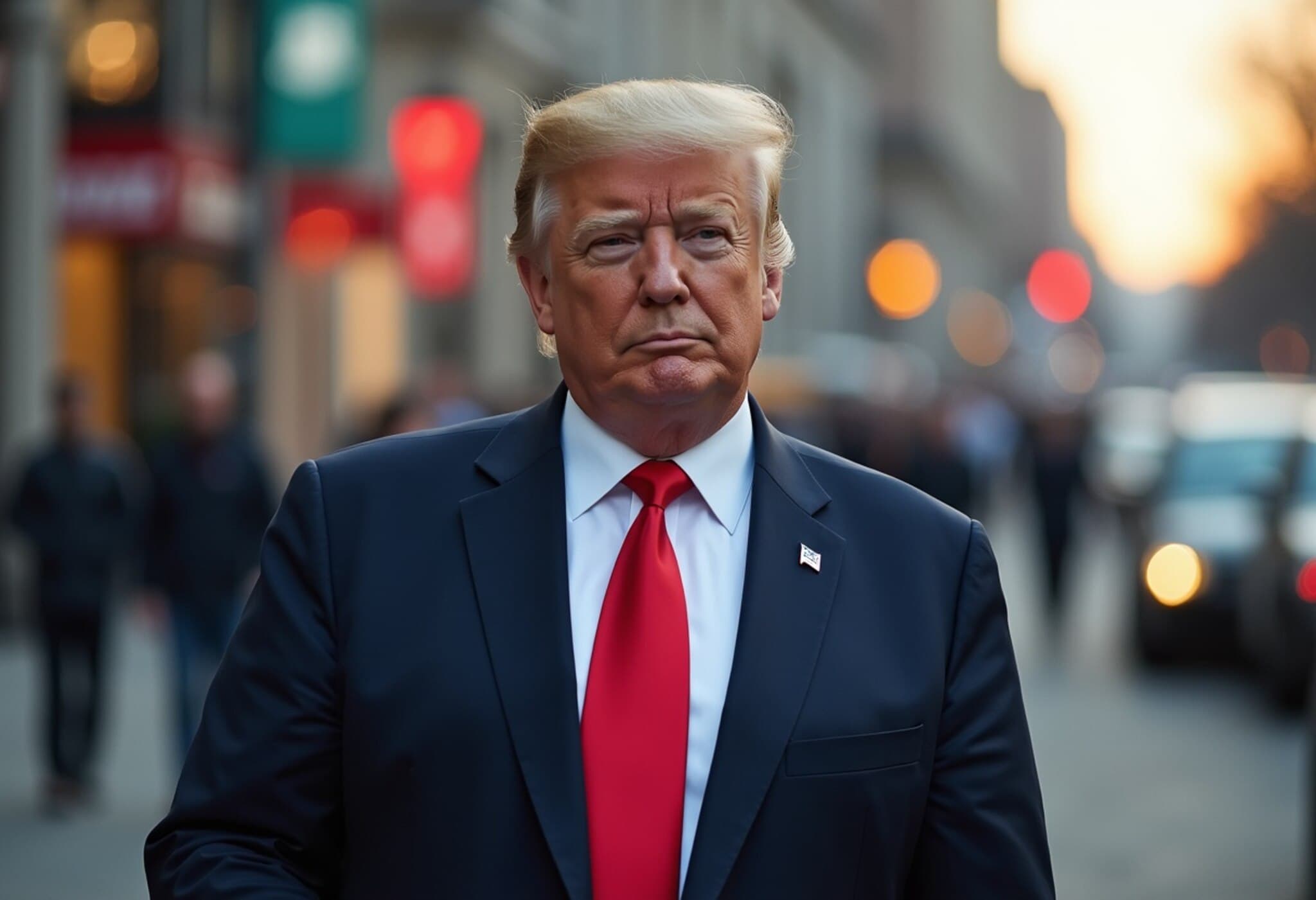Economist Jeffrey Sachs Commends India’s Firm Stance Against US Tariff Threats
In a recent analysis on the US-India trade tensions, renowned economist Jeffrey Sachs applauded India’s decision to resist tariff threats imposed by former US President Donald Trump. Sachs characterized Trump’s approach as impulsive and lacking strategic foresight, particularly in relation to the 50 percent tariffs levied on India’s import of Russian oil.
Trump’s Tariff Strategy: Impulsive and Ineffective
Trump’s administration targeted India with steep tariffs, demanding that New Delhi cease purchasing Russian oil amidst the ongoing conflict in Ukraine. However, India refused to buckle under the economic pressure. Sachs noted, "Trump did things impulsively. He thought India would immediately comply, but this was a threat India rightly did not succumb to." He emphasized that Trump's tactics were driven more by short-term leverage than by any coherent or long-term diplomatic strategy.
Why India and Not China?
Asked about the selective targeting of India rather than China—who is a larger buyer of Russian crude—Sachs explained the geopolitical calculus involved. "China responded swiftly with countermeasures, including restricting exports of rare earth materials crucial to US industries. The US administration under Trump engaged in a tit-for-tat approach, not principles-based diplomacy," Sachs explained. This dynamic rendered direct pressure on China far more complicated and costly.
The Broader Implications for US Foreign Policy
Sachs further argued that Trump’s foreign policy reflects an impulsive and transactional mindset, symptomatic of the US attempting to retain dominance in an increasingly multipolar world order. "American foreign policy right now is impulsive. It’s short-term. It doesn’t work," said Sachs. He stressed that Trump viewed the US market as a trump card, mistakenly believing it was so crucial to countries like India that they would yield to demands simply to preserve access.
India’s Independent Economic Posture
India’s refusal to submit to tariff threats reflects its growing global assertiveness and a diversified approach to energy security—finding alternatives in Russian oil even when it complicates relations with the US. Sachs cautioned against seeing the US as a fully reliable partner in this context, urging Indian policymakers to seek sustainable and strategic partnerships beyond American influence.
Expert Insight: Navigating Complex Geopolitics
- Economic Sovereignty: India’s stand signals a broader trend where emerging economies are asserting economic sovereignty over external pressures.
- Multipolar World Order: The US’s declining unilateral power necessitates multilateral diplomacy, which is currently hampered by impulsive policies.
- Supply Chain Vulnerabilities: China’s retaliatory leverage via rare earth exports highlights global dependencies critical to US industrial strategy.
- Long-term Strategy Needed: Sachs’ critique underscores the need for US foreign policy that balances power play with strategic consistency.
Conclusion
Jeffrey Sachs’ critique of Trump’s tariff policy brings to light important questions about the sustainability of coercive trade measures in a complex geopolitical environment. India’s measured response is emblematic of a shifting global balance where nations prioritize strategic autonomy amidst rising tensions. As the world moves towards a multipolar order, the efficacy of blunt economic threats may diminish, calling for more nuanced diplomacy and respect for sovereign economic choices.
Editor’s Note
India’s nuanced decision to stay resilient against US tariff pressures not only reflects its evolving global posture but also exposes the fragility of a transactional US foreign policy under Trump. This incident prompts a larger reflection on how emerging powers navigate a fracturing international order amid competing interests. Future US policies might benefit from more sophisticated, multilateral engagements rather than unilateral coercion.











